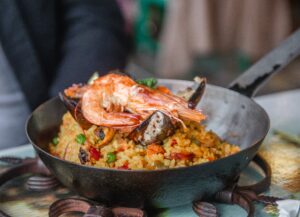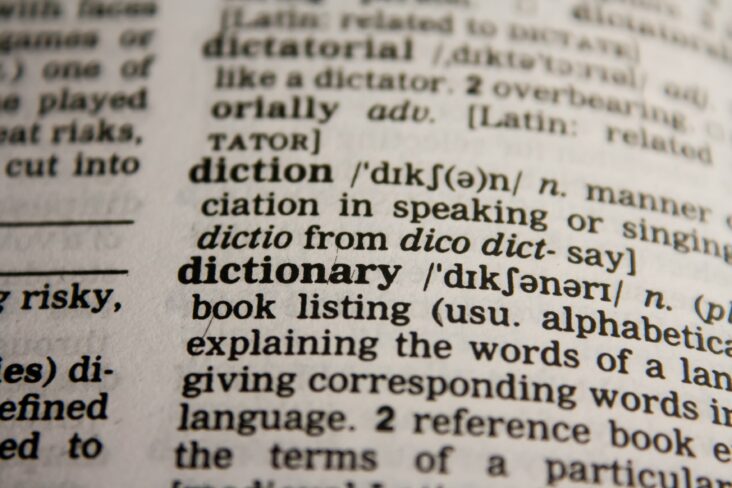Nigeria, my friends, is a true linguistic wonderland! With over 250 ethnic groups and a whopping 500 languages, you can bet your bottom Naira that there are some words that just can’t be neatly translated into English. These words are like a secret handshake into Nigerian culture, and today, I’m spilling the beans on 12 of them. So grab your chin-chin, kick back, and let’s dive into the awesomeness of Nigerian words that make you go, “Huh, we really need this in English!”

1. Santi: So, you’ve had an amazing meal, and you’re feeling all elated and chatty, almost poetic. Well, my friends, in Hausa, you’d say, “I’m in Santi.” It’s like “food euphoria.” ??
2. Gyara: Another gem from Hausa! It’s like when your favorite street food vendor gives you that little extra something-something with your order. You’d say, “Gyara mi suya,” which is basically, “Give me some extra suya, please!” ??
3. Amebo: Nigerian Pidgin at its finest! “Amebo” is your friendly neighborhood gossip or, well, the one who can’t resist a good juicy rumor. “You too like amebo” is basically “You’re a gossip lover!” ?️?
4. Jara: Yoruba steps up with a word for adding extra food to someone’s plate for free. “Jara mi rice” means, “Put more rice on my plate, no extra charge!” ??

5. Kolo: When someone’s gone completely bonkers or, as we say in Yoruba, “don kolo,” you use this word. It’s like saying, “Crazytown is their new address.” ??
6. Abi: An all-rounder in Nigerian languages! It’s like adding “right?” or “isn’t it?” at the end of a sentence. “You dey go market, abi?” means, “You’re off to the market, right?” ?✅
7. Ojukokoro: Yoruba for “greed.” “He gets ojukokoro for money” is just a fancy way of saying, “He’s a money-hungry beast!” ??
8. Wahala: In Nigerian Pidgin, “wahala” is your one-word description of a big ol’ mess or trouble. “Wahala dey” means, “We’ve got a situation.” ??
9. Aboki: If you want to call someone your friend or buddy, use this Hausa gem. “Aboki, how far?” is like saying, “Hey buddy, what’s up?” ??
10. Nwanne: In Igbo, “nwanne” means sibling or someone from your tribe. “Nwanne m, kedu?” is simply “Hey, my sibling, how’s it going?” ??

11. Oga: Nigerian Pidgin again! It’s not just your boss but also someone older, richer, or more powerful. “Oga, good morning” is like tipping your hat to the big cheese. ?☀️
12. Kpomo: This is the hidden treasure of Nigerian Pidgin. “Kpomo” is cow skin, and it’s a delicacy that goes into a lot of dishes. “I like kpomo for my soup” is just a way of saying, “Give me that cowhide in my stew, please!” ??
So there you have it, guys! These words add spice and humor to the way we Nigerians speak and write. They’re like little linguistic treasures that make our conversations extra colorful. And remember, next time you eat something so good it makes you feel “Santi,” share the joy with your friends, “gyara” some extra treats for them, and say, “No wahala, my aboki!” ???




